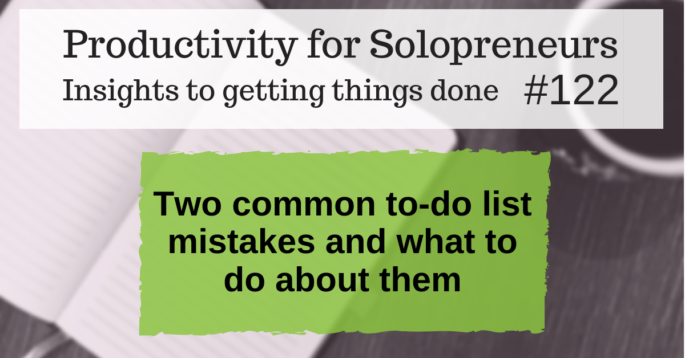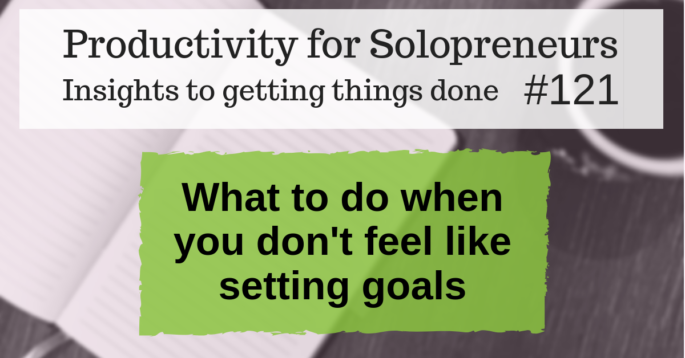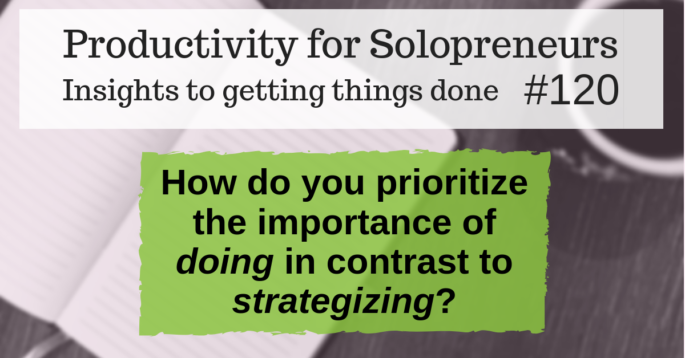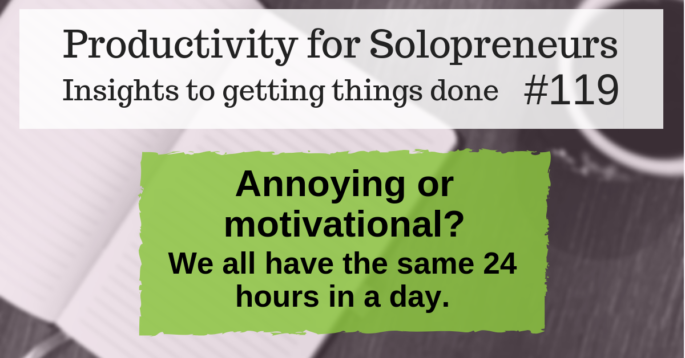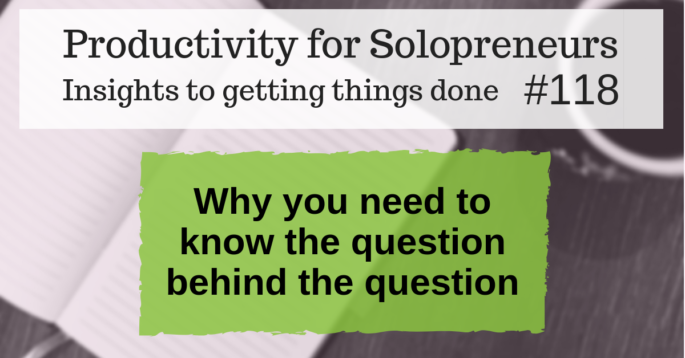How effective is your to-do list?
I’ve found that most people have one in one form or another.
And sometimes we assume that everyone puts together a to-do list the way we do.
I’ve found that people are generally making one or two mistakes with their to-do lists and we’re going to talk about that today.
Mistake 1
Your to-do list is on whatever piece of paper or notebook that happened to be near you when you needed to write somethings down.
A side effect of this to-do list method is you keep thinking about all the things you have to do. Your mind is a constant stream of things to do.
This is because your brain is super smart (really it is) and it knows that you might not find that piece of paper or notebook when you’re at your desk ready to do that work.
What to do instead
Have ONE place you write your to-do lists.
You’re not creating your WHOLE planning and tracking system here, you’re starting with ONE small tweak that will help you develop a habit that supports your future planning/tracking system.
You might start with a smaller notebook that will easily fit in your purse or an app on your phone.
I’d suggest starting with a notebook and seeing how that goes for a bit.
Mistake 2
Your to-do list is in ONE place, but it’s a list of EVERYTHING that you need to do.
This is actually a good problem to have because it means that you’re writing things down (physically or digitally) and you know what needs to be done.
What to do instead
Create a list of only what needs to be completed today or this week. The other things can be done in the coming weeks.
This allows you to set your priorities once a week and then you won’t have to decide on a daily or moment-to-moment basis what your priorities are.
Ideally, these things tie to your goals for the month, but again, it’s about doing one small tweak so that you start creating the habits that support your future habits and systems.
Now, you might be wondering why I’m not suggesting that you start with creating a planning/tracking system right off the bat.
My question for you is: have you tried jumping right into a planning system or goal tracking system before? Yes? How did that go?
What I find with my clients is they have a list of things they’ve tried (and planners in the closet with maybe a month filled out) and then something popped up, they got busy, or there was some other disruption.
The new system took a lot of time and effort to keep up with because the habits around it hadn’t developed yet. So, it all fell apart.
Instead, look at the small steps you can take or one habit you can develop that will make a difference. When that step is completed or that habit developed, then you can add something else.
If you want to know a couple of small tweaks that will make a big difference for you, reach out to schedule a complimentary session with me. You can do that by commenting or filling out the Contact Me form on my website here: http://www.oneinsightcloser.com/contact-me

